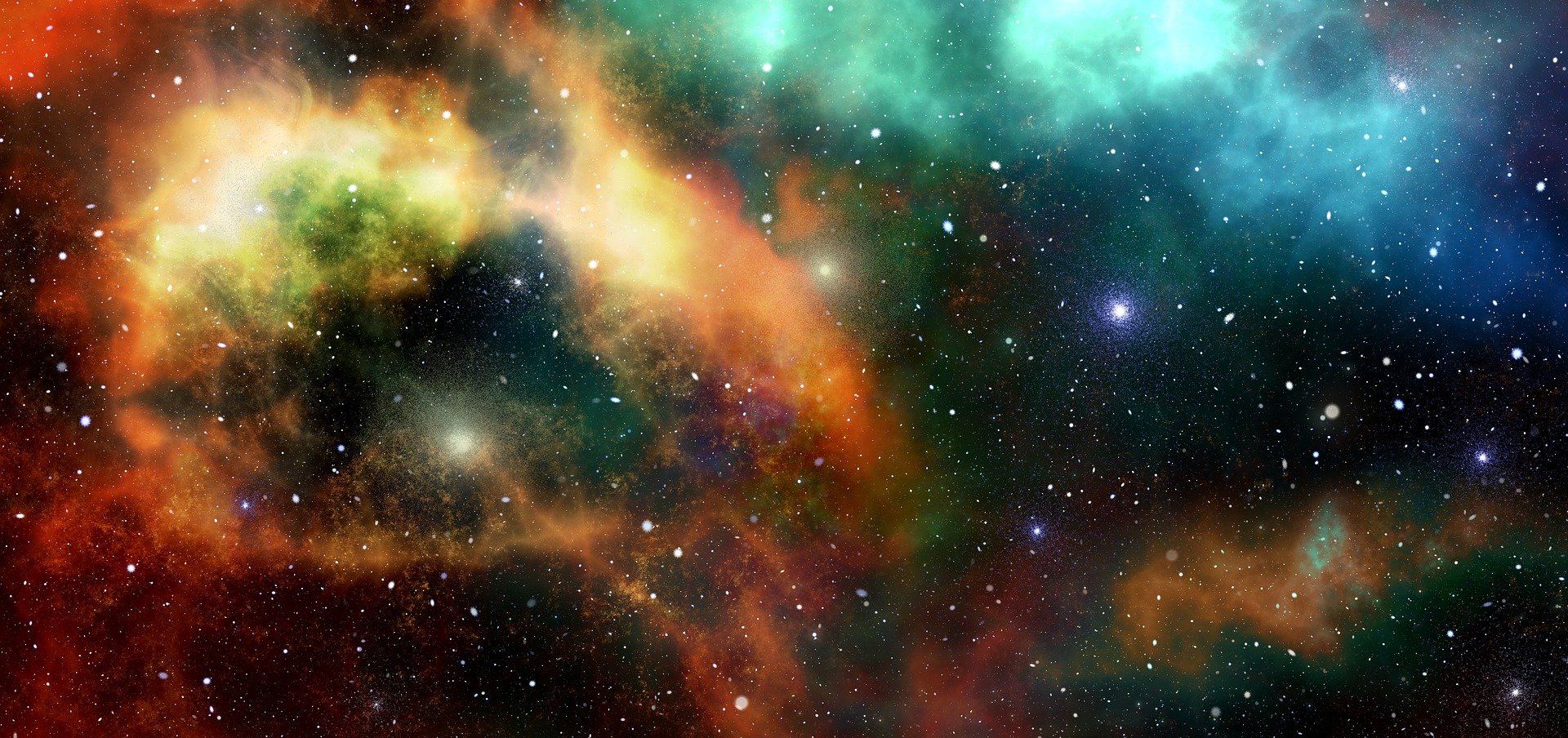New research puts age of universe at 26.7 billion years, nearly twice as old as previously believed::Our universe could be twice as old as current estimates, according to a new study that challenges the dominant cosmological model and sheds new light on the so-called “impossible early galaxy problem.”



Are there any constants that we actually know to have varied along the lifetime of the universe?
I don’t know if this counts as a constant, but I read that time moved something like 5 times slower in the early years of the universe.
It didn’t as time is relative just like space. There is no absolute standard of time to say “time moves faster”. Faster relative to what?
Somewhat. Based on my understanding of current astronomy news (I’m not an astronomer, just interested in the field) it’s not proven, but it’s not entirely disproven either. For instance, my understanding is that the Hubble constant (rate of expansion of the universe) is different if measured with the Cosmic Microwave Background (newer universe) compared to measuring redshirt of stars (older universe). Of course, it could be that one of the measurements made an assumption that’s not true, but i don’t think it’s out of the question that the false assumption ends up being that the constant stays the same over time…
Take what I say with a grain of salt, though. Hopefully an actual astronomer can pitch in
“Hubble constant” is a misnomer, and an old fashioned term. Cosmologist actually use the term “Hubble parameter” (which is in general time dependent except in very specific models which only contain dark energy), and denote its present value as H0.
https://en.wikipedia.org/wiki/Hubble's_law#Time-dependence_of_Hubble_parameter